FM: Sanctions against Russia would harm Serbia
Foreign Minister and First Deputy Prime Minister Ivica Dačić has said that Serbia would find it "unacceptable" to join sanctions against Russia.
Wednesday, 08.10.2014.
11:30

FM: Sanctions against Russia would harm Serbia
"For Serbia to impose sanctions on its greatest political partner, Russia, on whom our national interest depends - the person who would do that in Serbia would act directly against our national and state interest," Dačić, who was this week on a three-day visit to Moscow, said.He added that he "asked not to be asked any more questions on this subject in Brussels, because that is a closed subject - Serbia supports Ukraine's territorial integrity, but will not introduce sanctions against Russia."
Dačić then wondered "who will support Serbia in the UN Security Council if Serbia were to turn away from its allies, Russia and China, who stand as the only barrier to Kosovo joining the UN."
Speaking about the upcoming visit to Belgrade of Russian President Vladimir Putin, he said the main topics of discussion will be further liberalizaton of trade, "Serbia's debt to the Russian side and the issue of HIP Petrohemija," lower gas prices, and Russia's loan to Serbian Railways.
He rejected claims that Serbia came under pressure because of this visit, and said "no consequences should be expected."
"We are not taking part in their wars, we take care of our own interests," Dačić said, and noted that Putin will travel to Milan, Italy, after Serbia.
On the other hand, he remarked, "the last British prime minister to arrive in Belgrade was Margaret Thatcher for (Josip Broz) Tito's funeral," and asked "when was the last time an American president visited Serbia."
Dačić added that he "also on previous occasions discussed with Putin the dilemmas related to EU integrations and the Eurasian alliance," and that the Russian leader told him then this was "nonsense" - because Serbia is in a different position than former Soviet republics Georgia, Ukraine, or Moldavia.
Speaking about the harmonizing of Serbia's foreign policy with that of the EU, he said that the country, like other membership candidates, should do so by the end of its membership negotiations, something that, he observed, was "still a long way away."
"All decisions that Serbia is making are difficult, but we must make those that will move Serbia forward," Dačić said, mentioning the SAA agreement and the Brussels agreement related to Kosovo as examples.
He then noted that EU's common foreign policy has been successful "only in the Belgrade-Priština dialogue," and that this happened "thanks to High Representative Catherine Ashton and other participants in the talks."
"What happened to the common policy when it comes to Cyprus, Macedonia, Kosovo, military interventions around the world," Dačić asked.
"Preserving friendship"
Speaking for Russian media in Moscow earlier in the day, Dači said that Serbia "wants to become a member of the European Union, but it will not do so at the expense of its traditional friends such as Russia.""That means that Serbia will preserve its friendship with Russia," Dačić told reporters in Moscow, where he attended the 13th session of the Serbian-Russian intergovernmental committee on trade and economic, scientific and technical cooperation in his capacity as co-chairperson of the mixed committee.
Dačić said that he is satisfied with the economic relations between the two countries and that their trade totals USD 3 billion, but noted that they are still not on par "with the very good political relations."
The Serbian foreign minister said that a range of bilateral economic matters was discussed with the Russian side in Moscow, including further liberalization of trade - expanding the list of customs-free products from Serbia to include poultry meat, sugar, cigarettes, cars and other products.
The Russian side has requests of its own, because these are reciprocal measures, he noted.
"For that reason, in the next few days we will see how possible that is, because if, for example, we are talking about a reciprocal scrapping of customs tariffs on cars... that means that Russians too, can sell their cars in Serbia, not just that Fiat Serbia can sell its vehicles in Russia," Dačić noted.
He said that the South Stream gas pipeline was not discussed "because everything is alright with it."
"Serbia and Russia have no problems with the South Stream. Serbia wants to build the South Stream, the preparations are progressing well, while Russia must solve all other problems with Brussels," Dačić said.
Also discussed in Moscow was the need to secure fuels to Serbia for the upcoming winter and find ways for supplies to be independent of the situation in Ukraine or debts to Gazprom and NIS, Dačić said.
Price cuts for some industrial gas consumers were also discussed, Dačić said.
The Serbian foreign minister also headed the Serbian delegation in discussions with Russian Energy Minister Aleksandr Novak, the Serbian Foreign Ministry said in a statement.





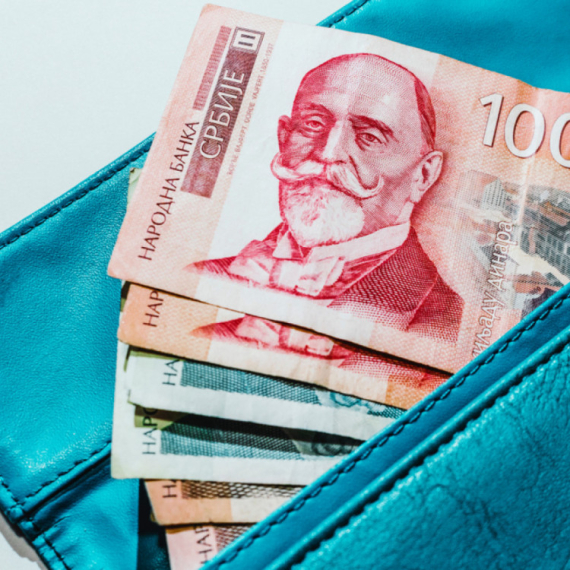




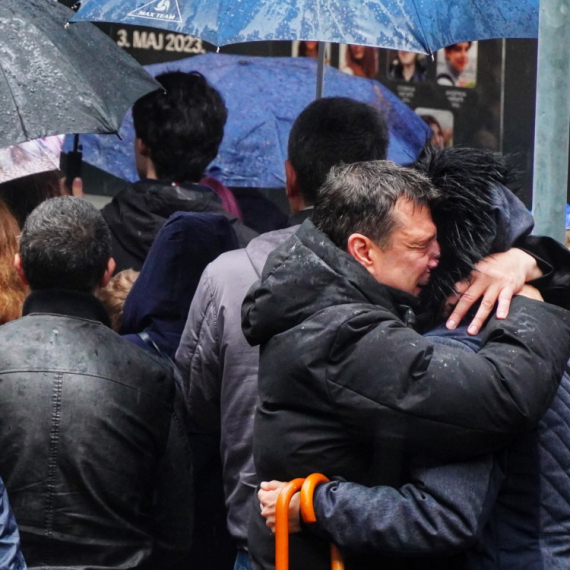
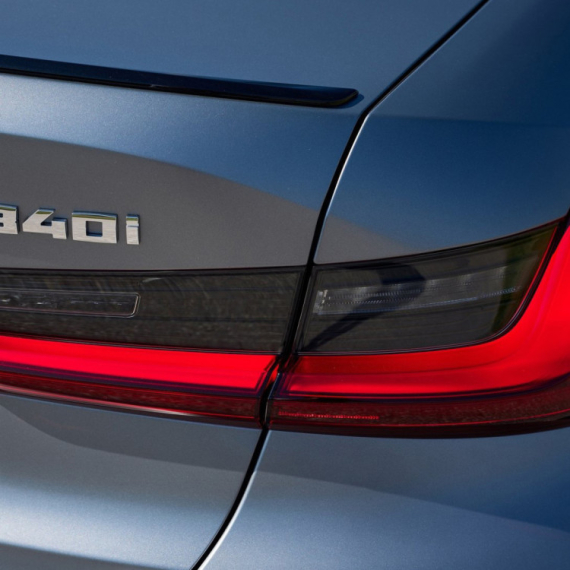

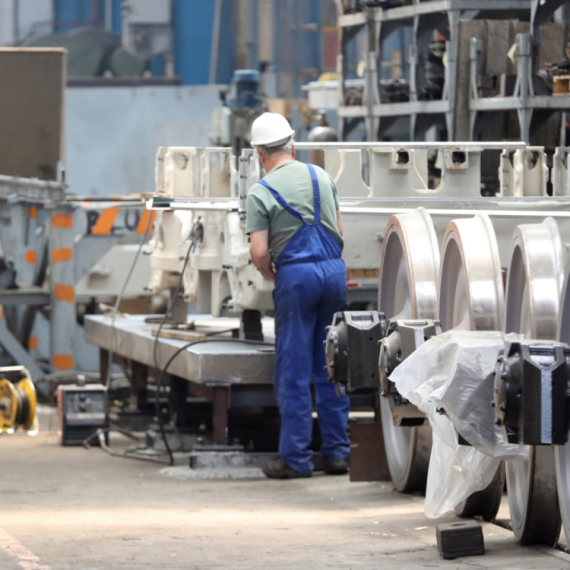
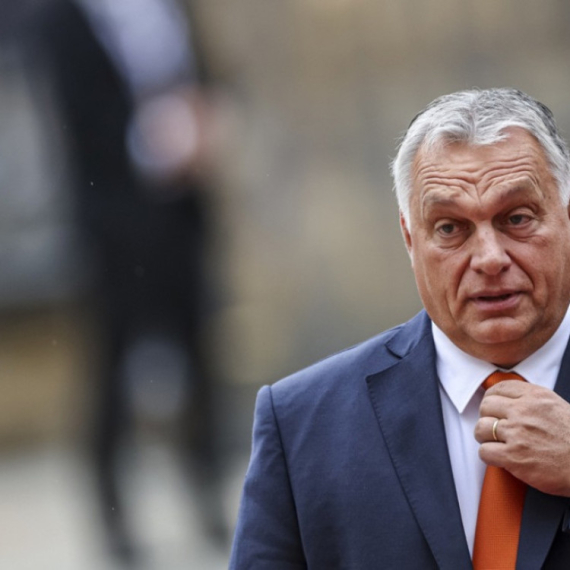
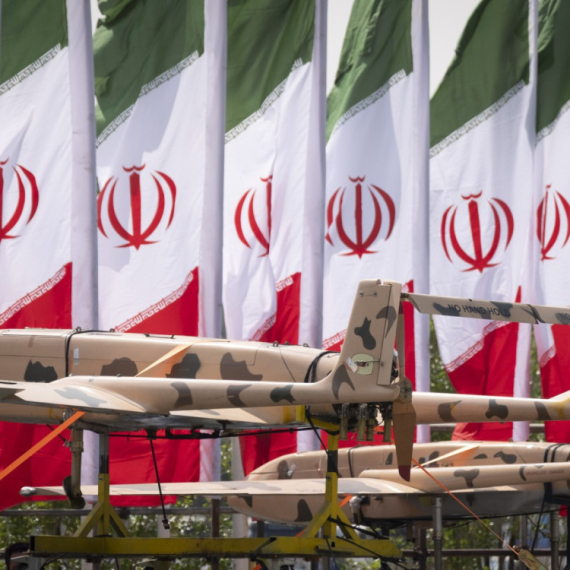
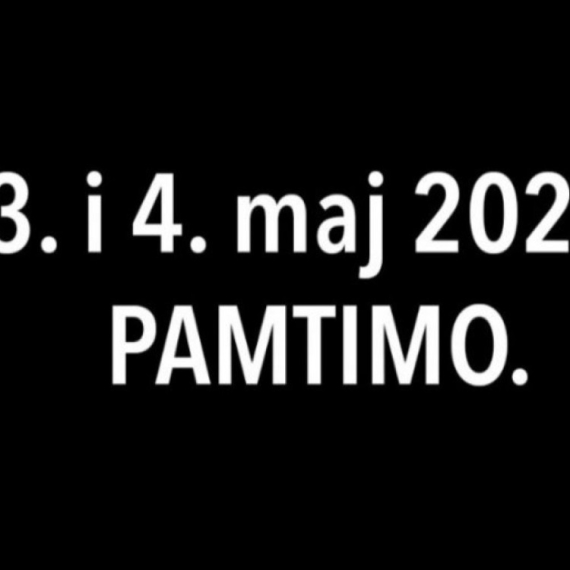
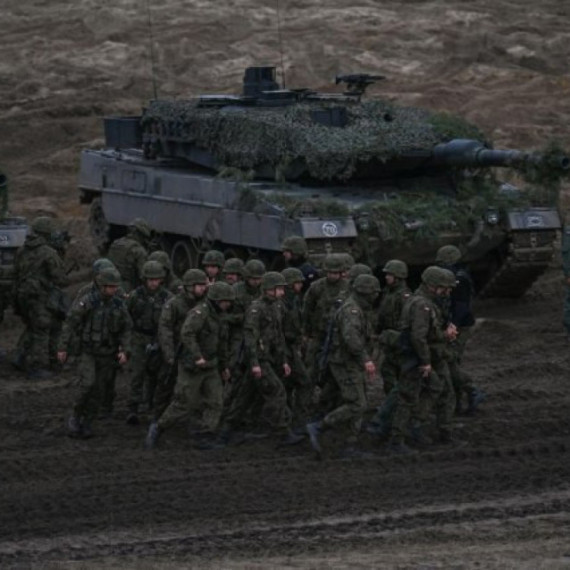
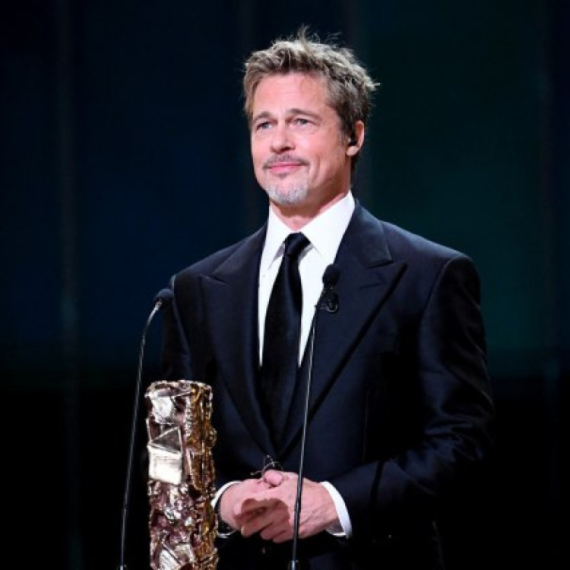
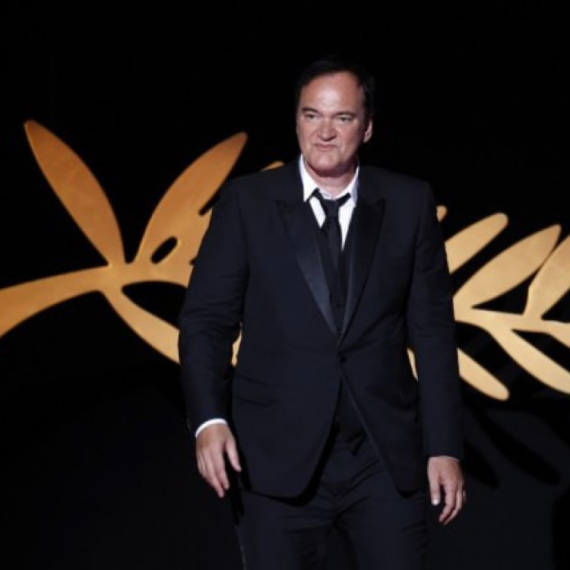
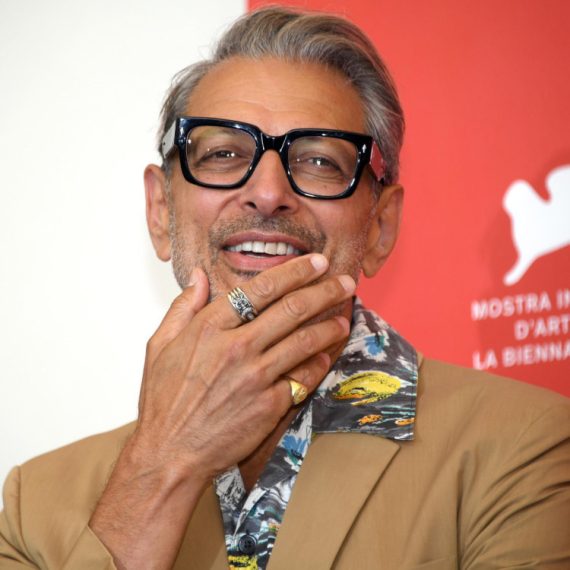

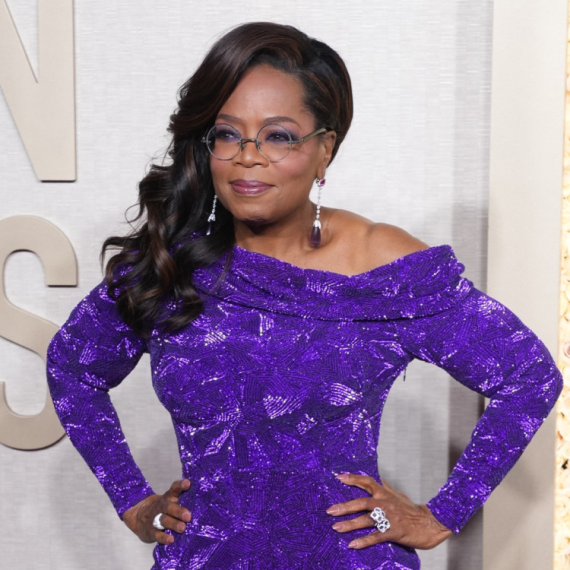





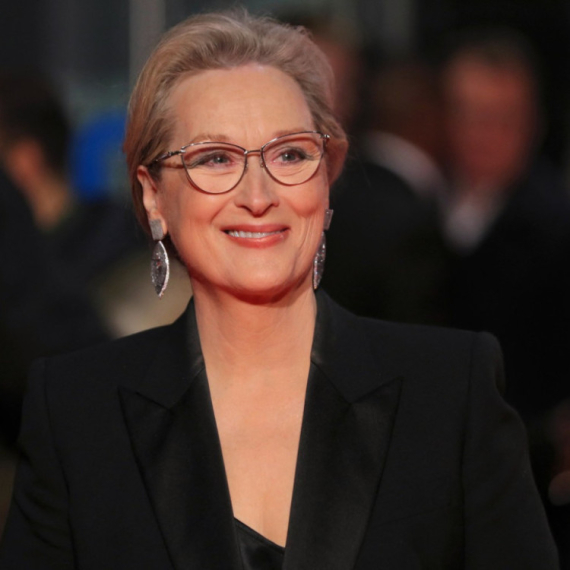

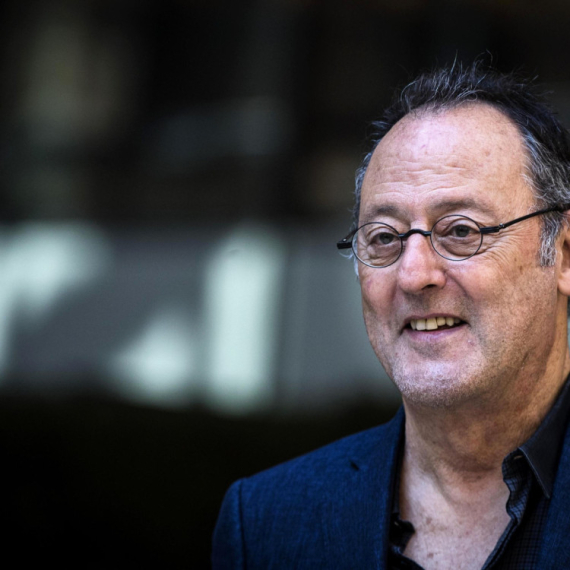

















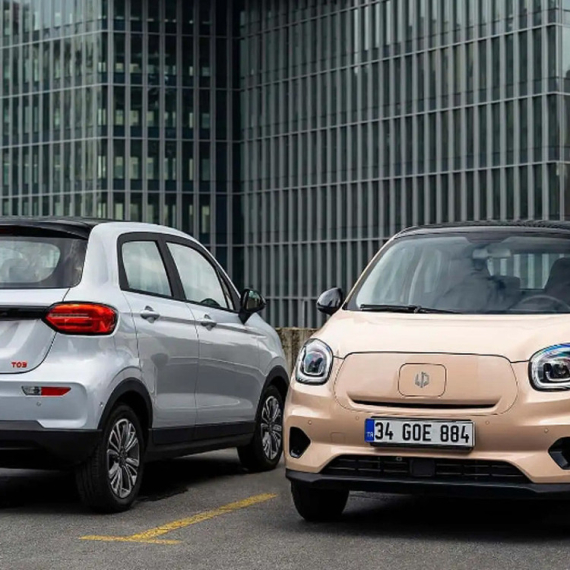

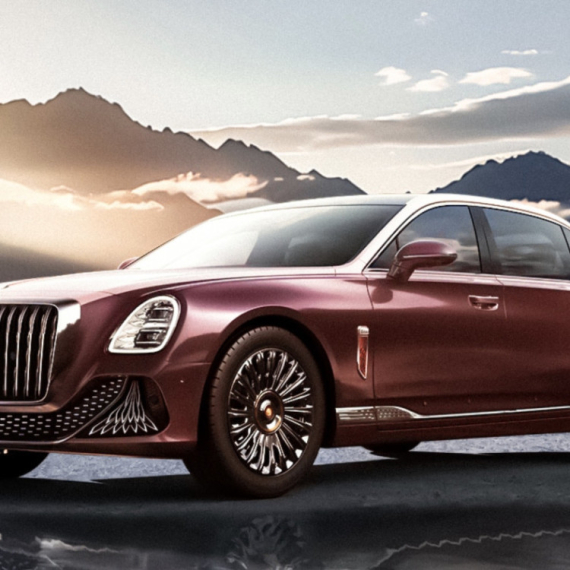
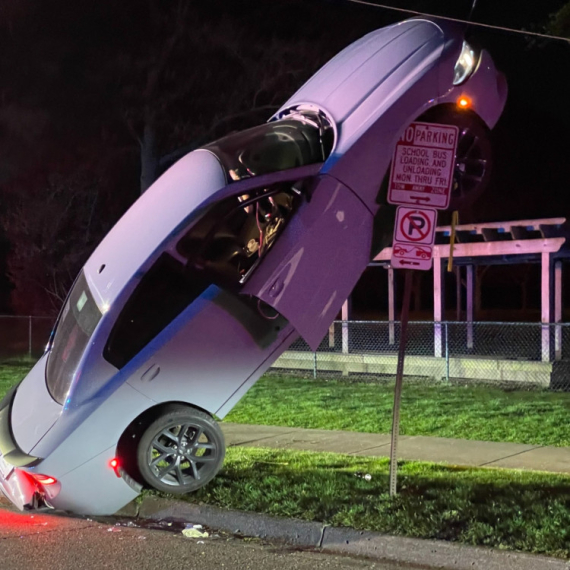
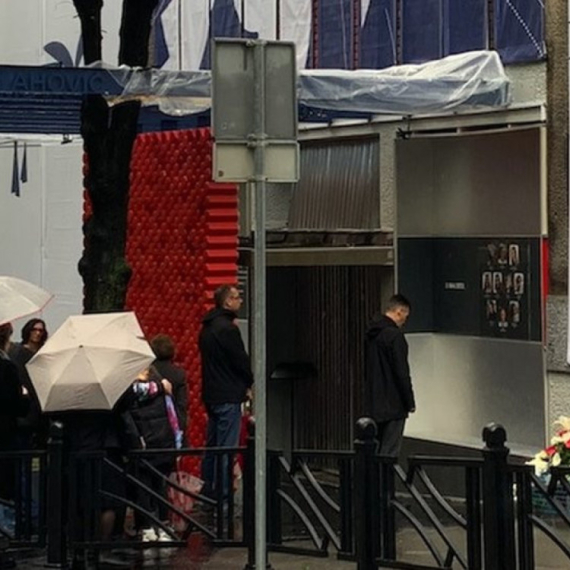
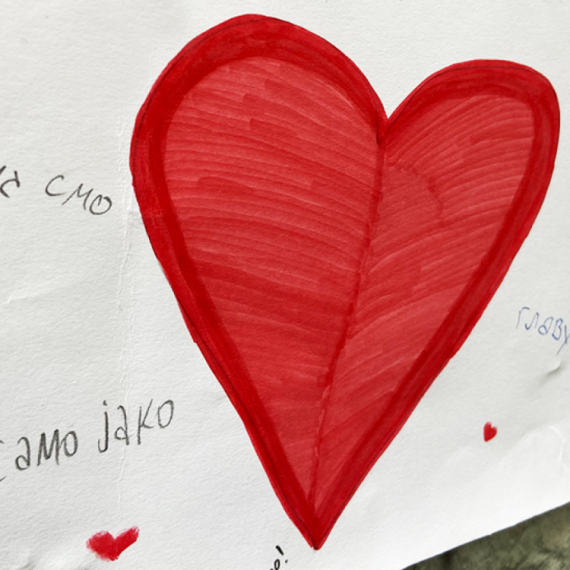


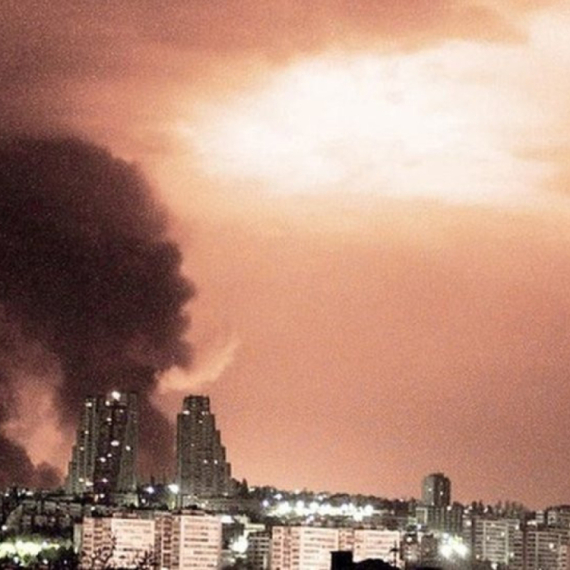

Komentari 1
Pogledaj komentare